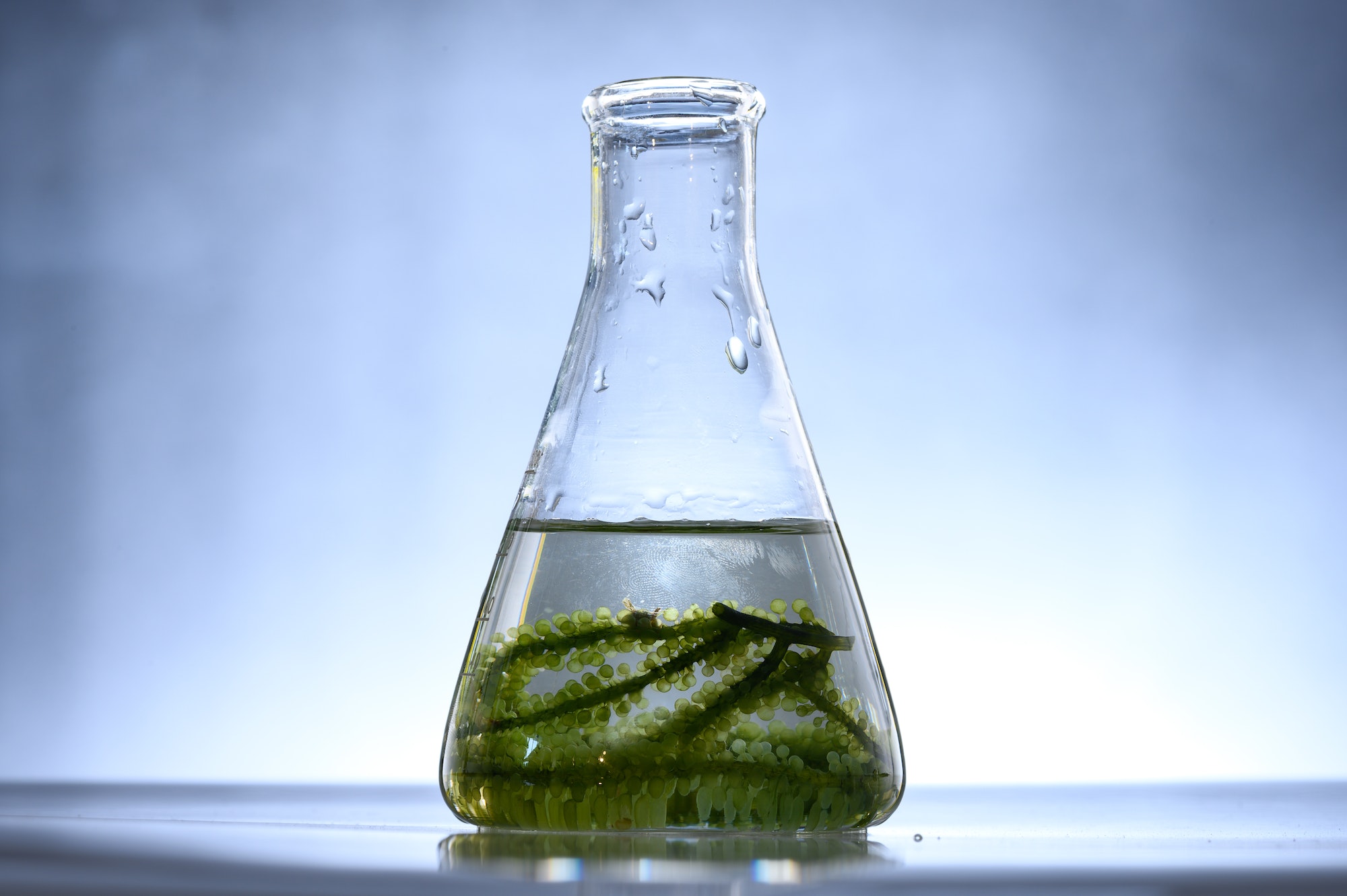The global dependence on fossil fuels has led to an increased interest in alternative energy sources. One such alternative is biofuels derived from biomass, which can be produced in a sustainable manner with minimal environmental impact. Algae, specifically microalgae, have emerged as a promising biomass source for biofuel production due to their high growth rates, ability to grow in diverse environments, and potential for producing high levels of lipids (fats) that can be converted into biofuels.
Current State of Algae Biofuel Production
Currently, algae biofuel production is still in its infancy compared to other biofuels like ethanol and biodiesel. The majority of algae biomass production for biofuel purposes is carried out in pilot-scale facilities or small commercial plants. The primary focus of these facilities is on optimizing the cultivation and harvesting processes to improve the overall productivity and efficiency of the system.
There are two main approaches to cultivating algae for biofuel production: open pond systems and closed photobioreactors. Open pond systems are relatively simple and low-cost but are susceptible to contamination and have lower productivity compared to closed photobioreactors. Closed photobioreactors offer better control over growth conditions, resulting in higher productivity but at a higher capital cost.
The harvesting of algal biomass typically involves centrifugation, flocculation, or filtration methods. Once harvested, the biomass must be processed to extract the lipids that will be converted into biofuels. Various extraction methods are available, including solvent extraction, mechanical disruption, and enzymatic hydrolysis. The choice of method depends on factors such as the type of algae used and the desired end product.
After lipid extraction, the conversion process takes place through either transesterification to produce biodiesel or hydrotreating to produce renewable diesel or jet fuel. While both processes yield usable fuels, they have different properties and applications.
Despite the potential benefits of algae-based biofuels, several challenges must be addressed before they can become a viable alternative to fossil fuels. These challenges include the high cost of production, low lipid content in some strains, and the need for further research and development to optimize cultivation and conversion processes.
The Future of Algae Biofuel Production
To overcome the current challenges in algae biofuel production, ongoing research and development efforts are focusing on improving the efficiency of the entire process from cultivation to conversion. One area of focus is the development of genetically modified or selectively bred algae strains that have higher lipid content and faster growth rates, which would result in increased biofuel yields.
Another area of research is improving the efficiency of harvesting and extraction methods. For example, researchers are exploring novel techniques such as using magnetic nanoparticles to separate algal cells from water or developing biorefinery processes that utilize multiple components of algal biomass for various products, thereby increasing the overall value of the biomass.
The integration of algae cultivation with other industries, such as wastewater treatment or carbon capture from industrial sources, could also help improve the economic feasibility of algae biofuel production. By utilizing waste nutrients and CO2 from these industries, algae can grow more efficiently while also providing environmental benefits.
In addition to these advancements, policy incentives and government support will play a crucial role in promoting the development and commercialization of algae-based biofuels. With continued research and investment, it is possible that algae biofuels could become a significant contributor to our global energy mix in the coming decades.
In conclusion, although algae biofuel production is still in its early stages, ongoing research and development efforts hold promise for overcoming current challenges and unlocking the full potential of algae as a sustainable source of bioenergy. As global demand for alternative energy sources continues to grow, algae-based biofuels could play an increasingly important role in meeting our energy needs while minimizing environmental impacts.


